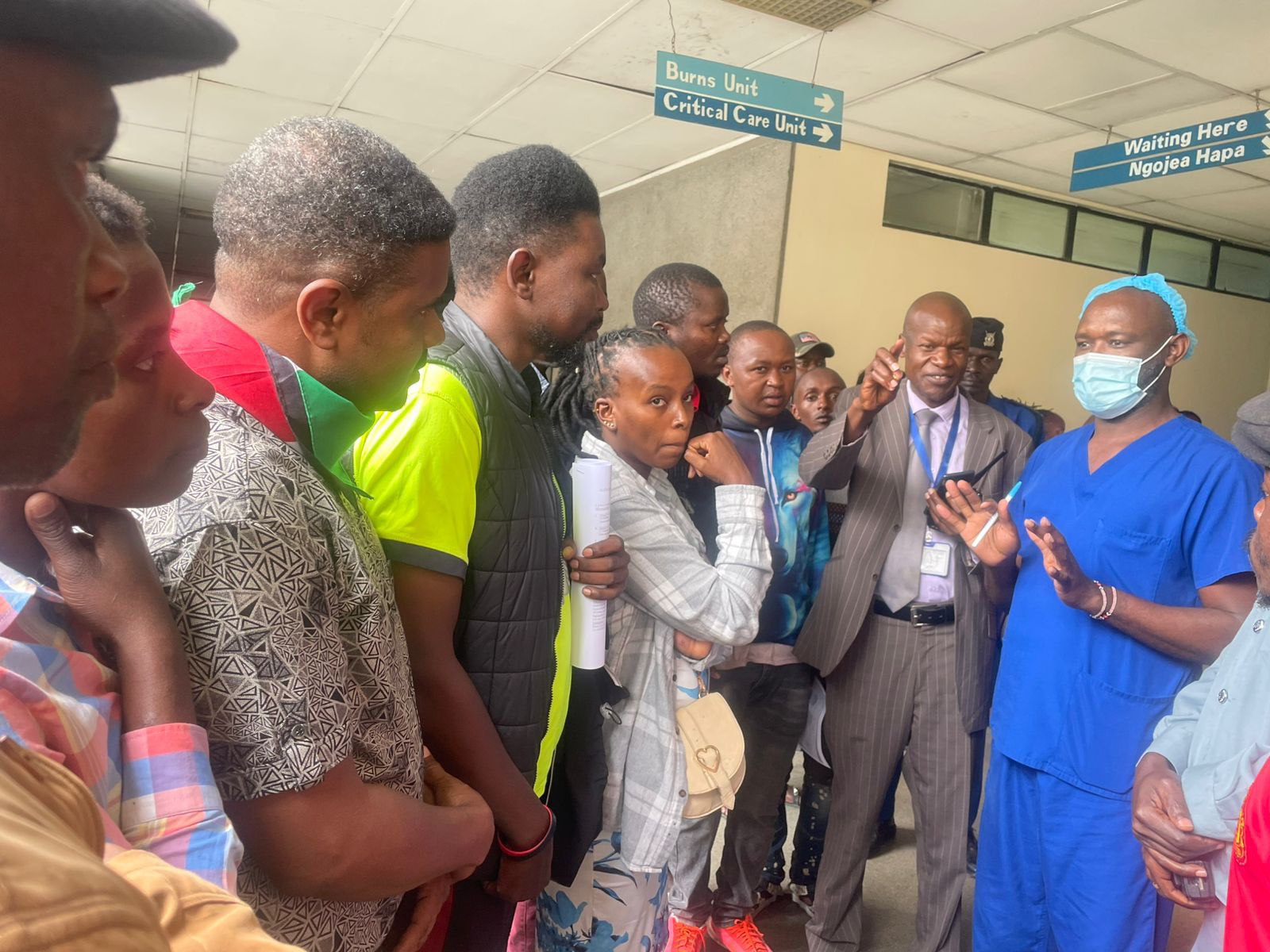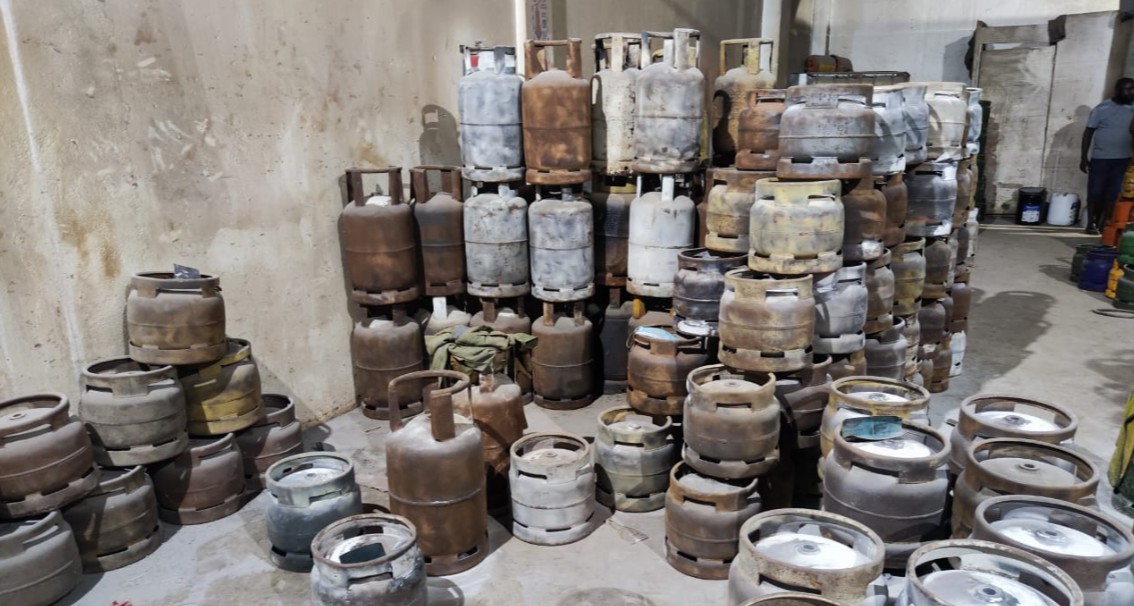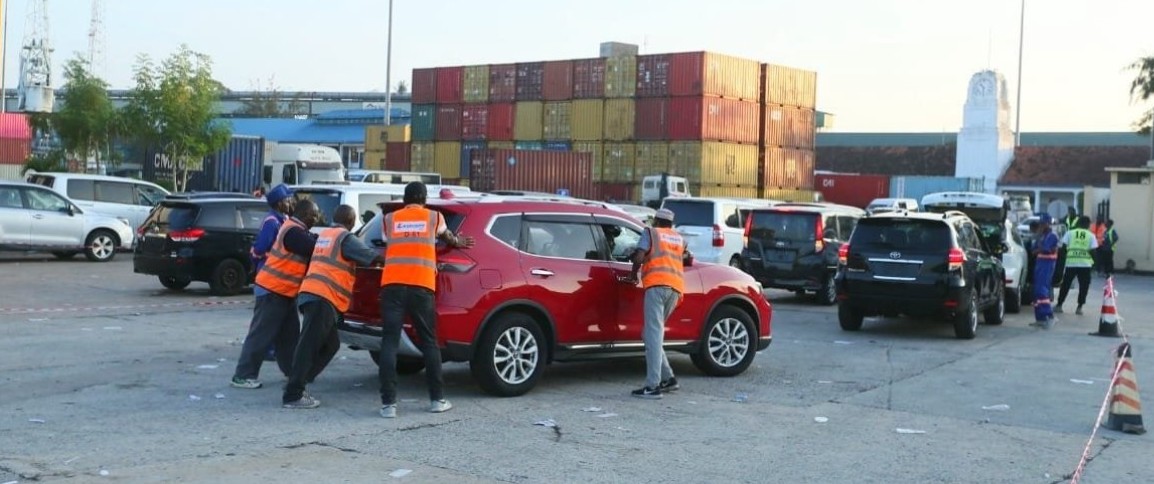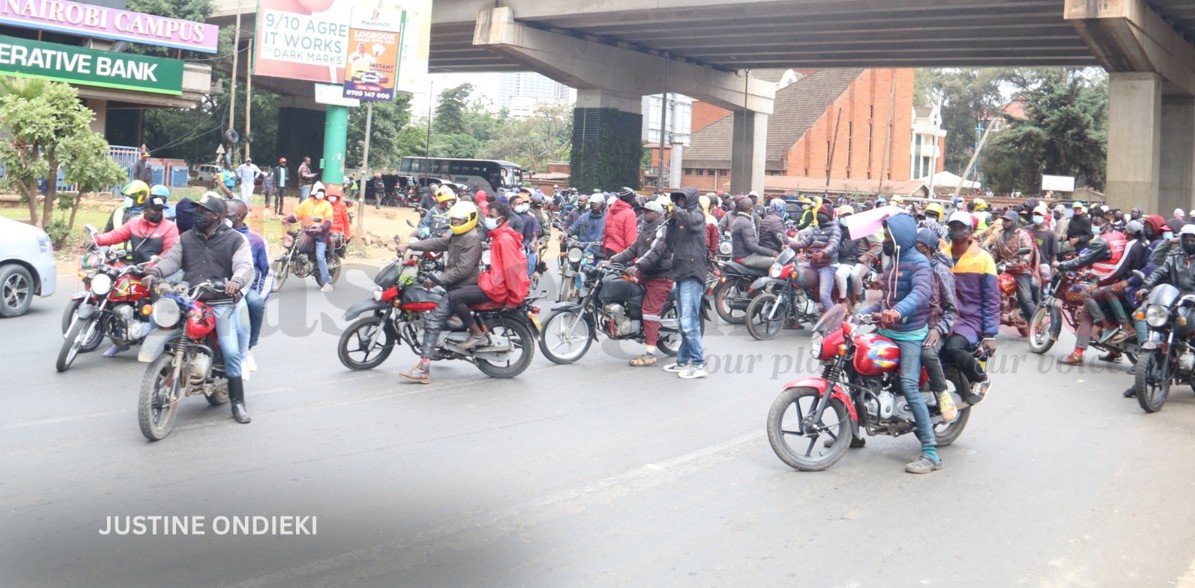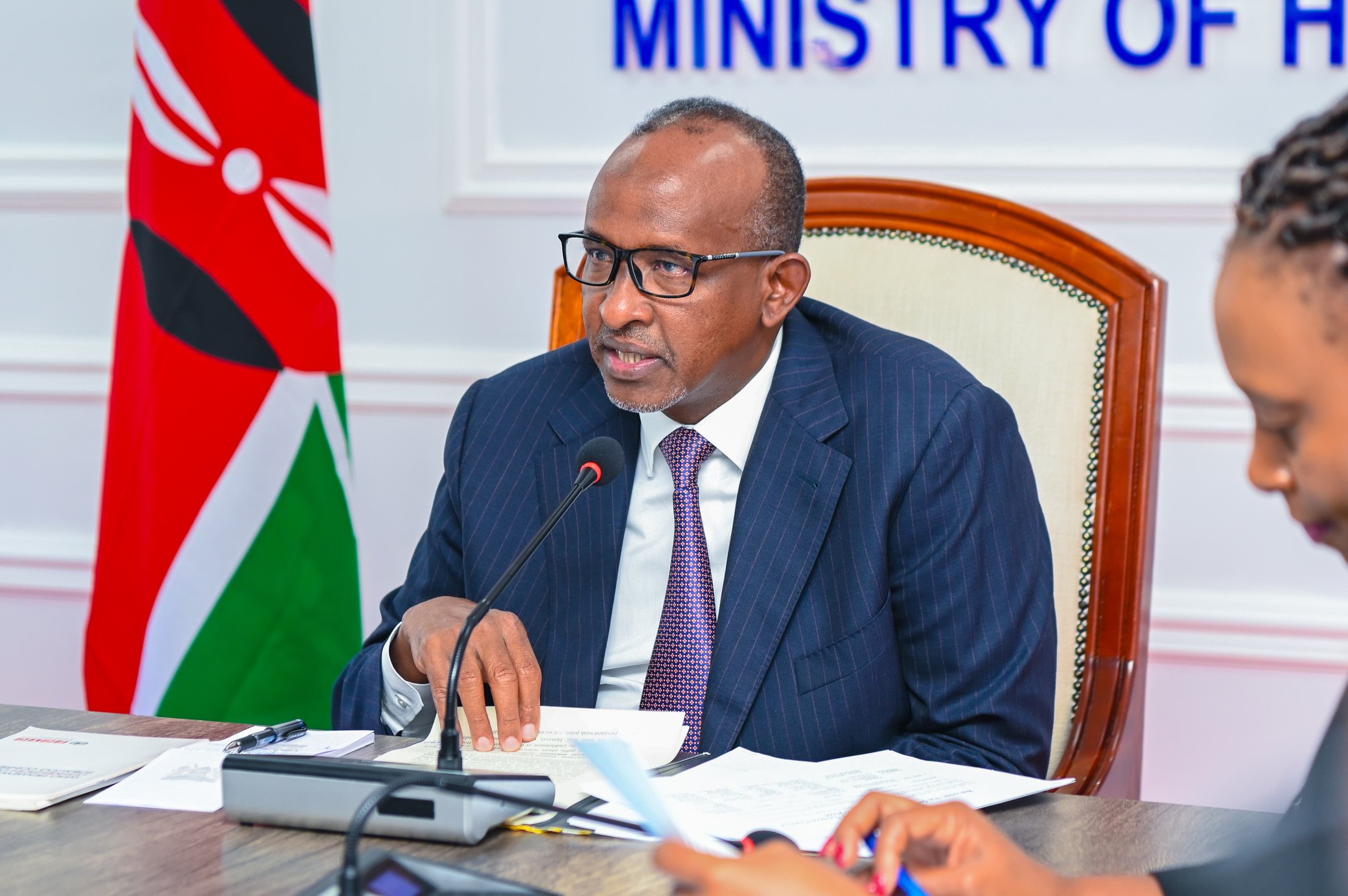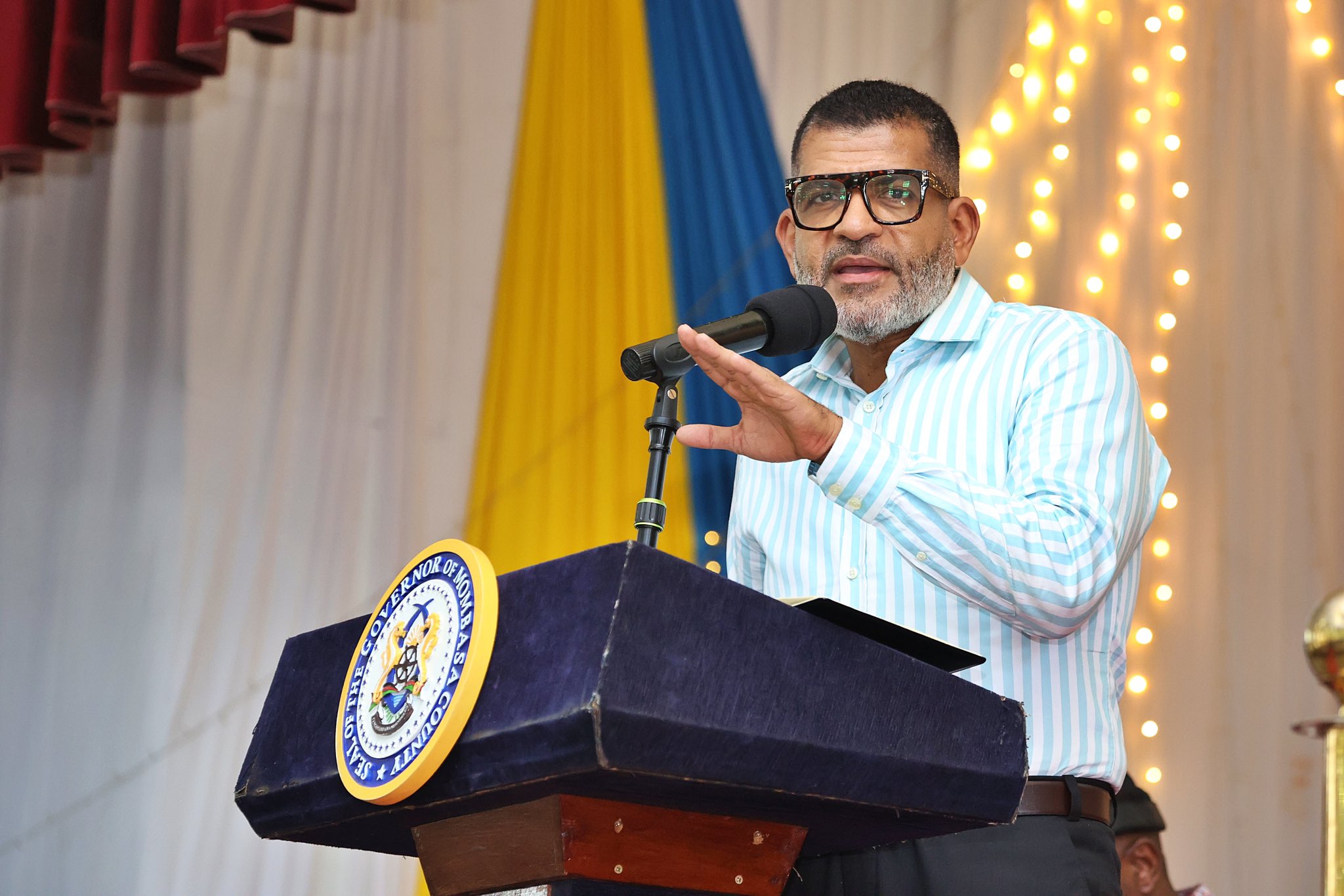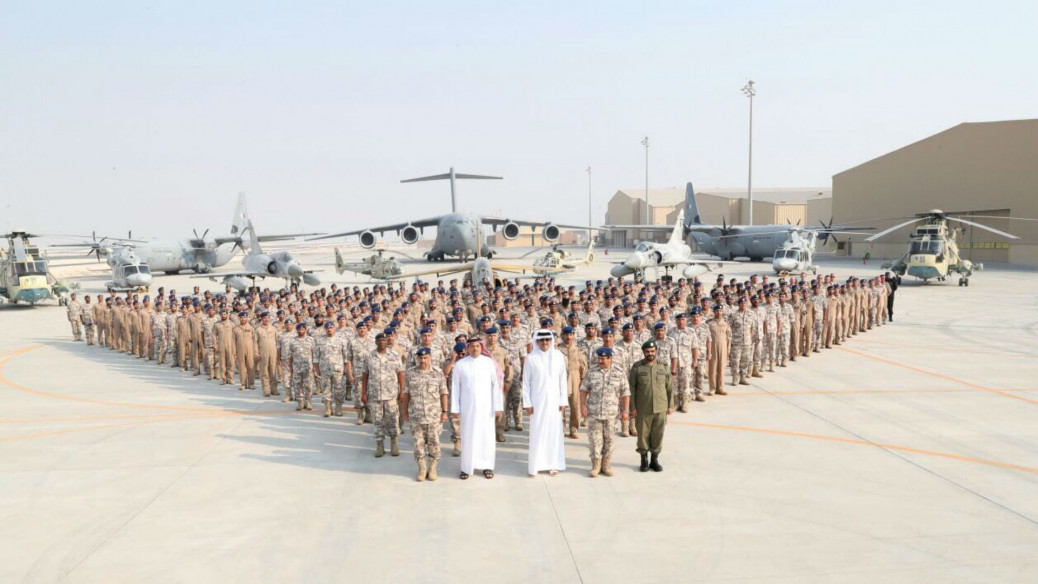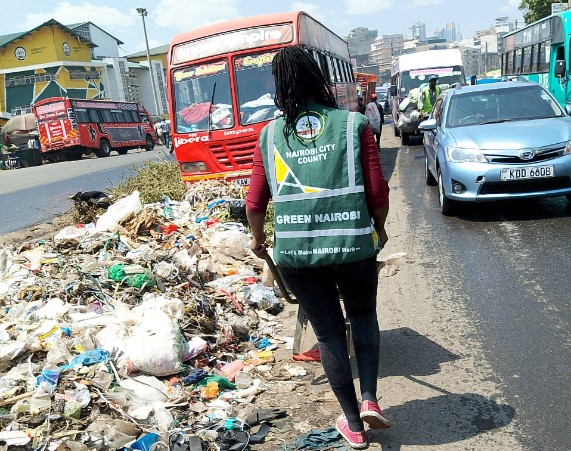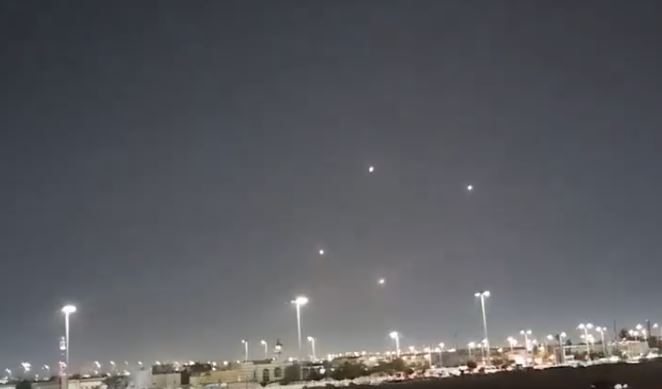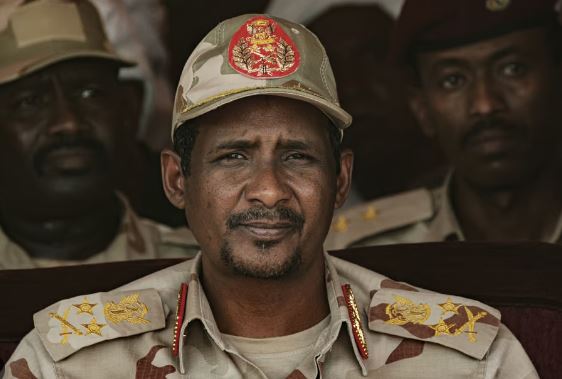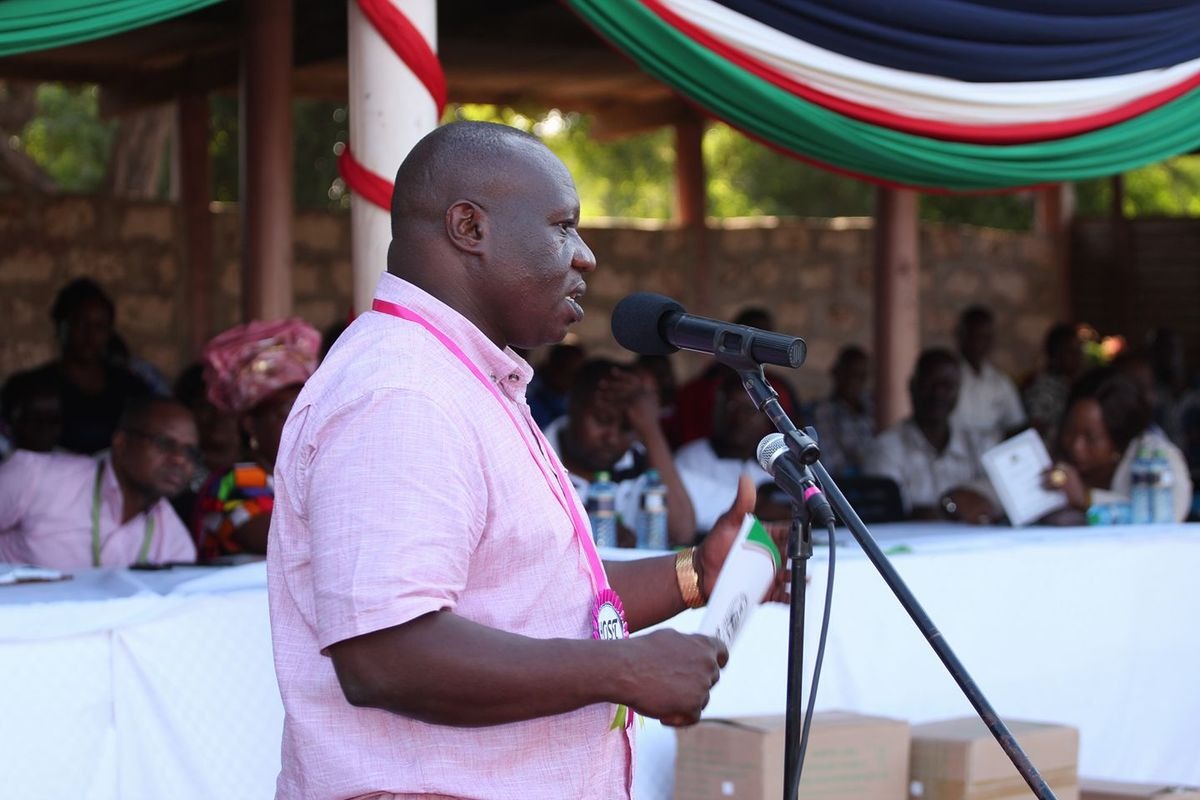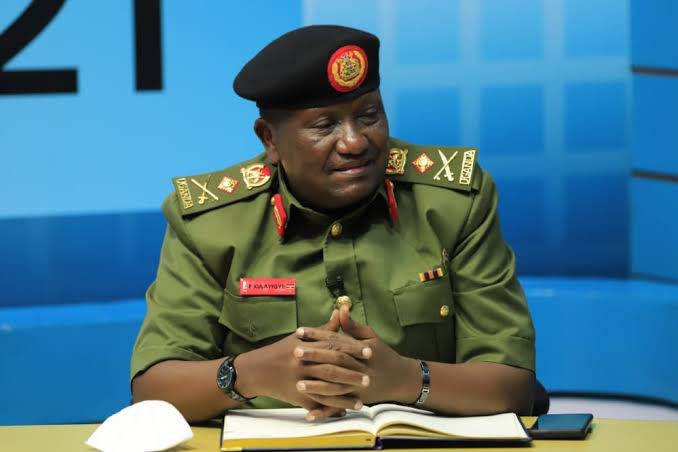Ghana’s President John Mahama makes a comeback – what lies ahead

Mahama’s 2024 victory gives him a chance to repair his legacy as the only president to have been voted out after one term.
John Dramani Mahama, Ghana’s incoming president, has won a chance to rewrite his legacy. He was voted out of office in 2016 by the highest margin in the post-independence history of the West African nation amid corruption scandals and an energy crisis that had crippled the country.
But he has made a comeback, winning 56.55% of the total valid votes cast according to the country’s Electoral Commission. It is the largest margin of victory in a Ghanaian election since 1996. Voter turnout was 60.9%.
More To Read
- Ruto leaves for Ghana to attend Mahama's inauguration, to lobby for Raila
- Ghana will not quit IMF deal but wants changes, says president-elect John Mahama
- Ghana's former president John Dramani Mahama's comeback sparks hope for future
- Ghana's ex-President Mahama wins election, ruling party candidate concedes defeat
- Ghana votes for new president, parliament amid hopes for better economic times
Although the 2024 election results have not been officially declared due to the electoral commission's slow collation, Mahama has already been accepted as the winner after a concession speech from his opponent, sitting Vice President Mahamudu Bawumia.
The concession was possible because both parties agreed, based on their counts, that Mahama had taken an insurmountable lead. Ghana conducts its elections using a first-past-the-post system. That means a candidate must garner 50% + 1 vote to be declared a winner by the country’s electoral commission.
From my perspective as a scholar researching Ghana’s politics, Mahama’s 2024 victory gives him a chance to repair his legacy as the only president to have been voted out after one term. His victory reflects the general sentiment that a change in government and governance was needed.
The independent research network Afrobarometer’s most recent research indicates that 82% of those surveyed said the country was on the wrong track. Mahama’s campaign message was to run a lean government and stimulate Ghana’s economy.
Ghanaians headed to the polls amid rising poverty and a high cost of living. The country is currently receiving US$3 billion in support from the International Monetary Fund (IMF). Inflation, allegations of corruption, the high cost of living and rampant illegal mining all led to protests over the past two years.
If Mahama seemed aloof and indeed disconnected from the hardships and strains of his fellow compatriots in his first term, he needs a far more hands-on, engaged problem-solving approach this time around to even fancy any success.
A career in politics
Mahama is described by close watchers of Ghana’s politics as a convincing orator with brilliant people skills. He is also respected for serving in every branch of Ghana’s domestic politics. He was a local assembly representative, a member of parliament and a cabinet minister before being elevated to vice-president and president.
Born in 1956, he is the son of a prominent politician. His father, Emmanuel Adama Mahama, served as a member of parliament in the government of Ghana’s first president, Kwame Nkrumah.
John Mahama holds a bachelor’s degree in history from the University of Ghana. He also completed postgraduate studies in communication in 1986 from the same university. Mahama taught high school history for a few years before pursuing a postgraduate degree in social psychology from the Institute of Social Sciences in Moscow.
His early career included a stint at the embassy of Japan in Ghana until 1995 and at the office of Plan International, a humanitarian and development organisation.
Mahama is also a former chairperson of the Economic Community of West African States (Ecowas). He has written for several newspapers and authored a number of publications, including a book titled My First Coup D'État and Other True Stories from the Lost Decades of Africa.
His liberal education equips him with the sensitivity to history and the awareness critical for managing and positioning a country of diverse and often competing groups. His formal communication training and his experience at both low and high policy levels in the executive and legislature should help him handle the challenges of initiating and implementing policies and programmes contemporary Ghana yearns for.
For inexplicable reasons, all this training and experience was not evident in his first term. He struggled to fill the shoes of his immediate boss, John Atta Mills whom he replaced as president upon his death in 2012. He also seemed to cower in the full glare and shadow of the then-most influential personality in his party, former president Jerry John Rawlings.
What is new in his agenda?
Mahama’s vision, outlined in his manifesto ahead of the election, is both pragmatic and expansive.
The manifesto outlines policies aimed at addressing the nation’s pressing challenges, including worrying about youth unemployment and unlocking its economic potential.
A major highlight is his proposed 24-hour economy. This policy seeks to boost economic activity by supporting businesses to operate continuously over 24 hours in key economic hubs. Mahama hopes it will create jobs and make Ghana a true contender in the global economy.
In addition, he’s promised to create job opportunities in emerging fields such as agribusiness, digital technology and renewable energy.
The 24-hour economy also encapsulates Mahama’s youth employment and training agenda.
Then there is the Agriculture for Economic Transformation Agenda. This focuses on building a modern agricultural sector powered by technology and innovation.
However, the question is how his agenda will be funded, considering the country’s well-documented dire financial situation.
A chance to rewrite history
Mahama inherits an economy hamstrung by debt and low investment. The post-COVID global economic climate is investment-shy and the population is impatient for a high standard and low cost of living.
Mahama may be able to meet these challenges if he is able to put together a focused, competent team. This team can be drawn from his party and the wider Ghanaian society. He must also rein in political apparatchiks who may want to exploit the return to power for their selfish material ends. In essence, he must avoid many if not all the slippages of his first term. These included incidents over the purchase of aircraft and a bus branding contract.
If this second shot at the presidency is also squandered, Mahama will surely have no one to blame but himself.
By Lloyd G. Adu Amoah, Scholar of Political Science, University of Ghana
Top Stories Today
